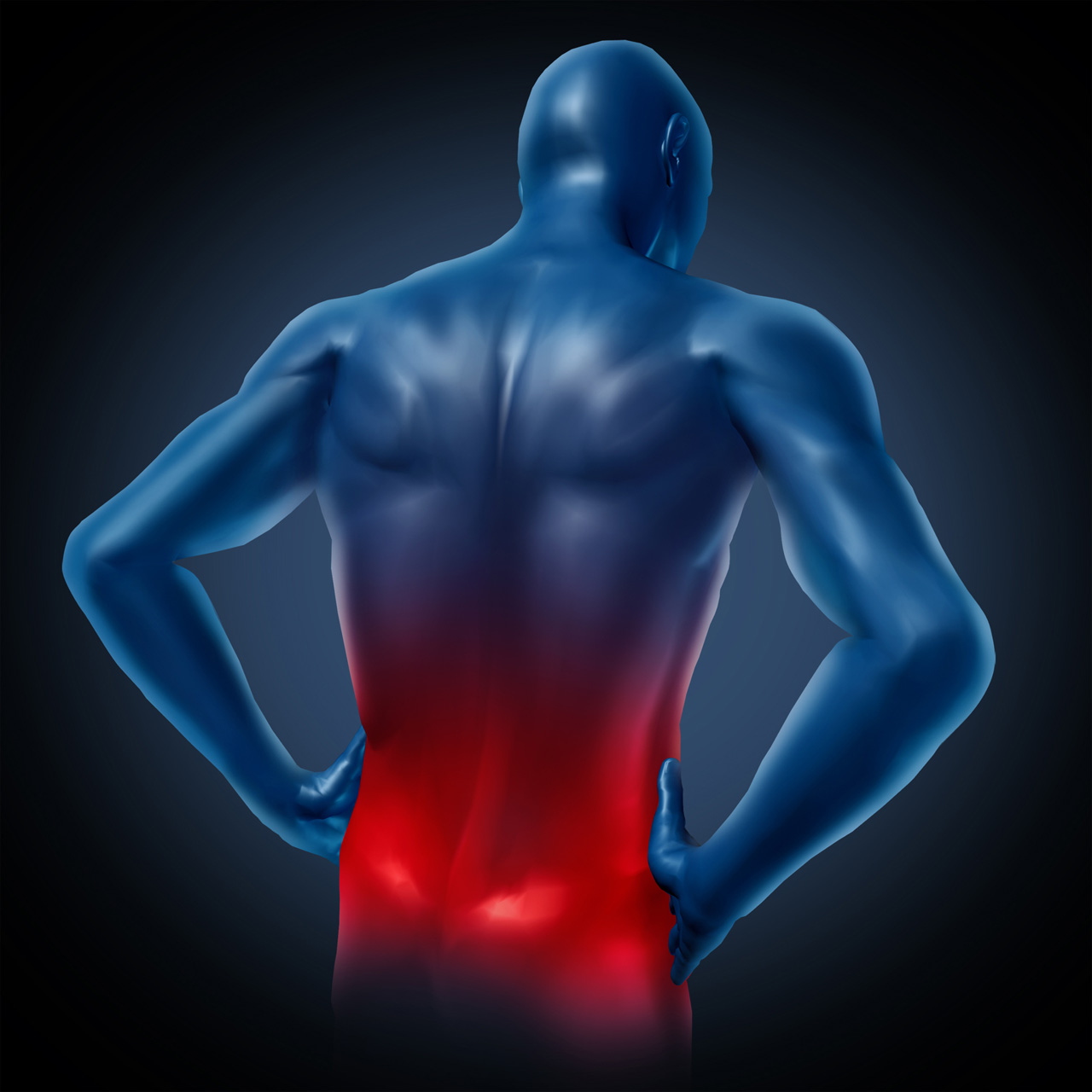
Your Guide to Clinical Exercise Classes by Physiotherapists versus Exercise Physiologists at RedoHealth
Have you heard about the mystical Chinese art of Qigong? If you have, I still believe that Qigong may remain something of a mystery to

Many of those will go on to have recurrent back pain and a small percentage develop chronic lower back pain.
When you have an acute pain episode of lower back pain there are many things you can and should do to help you through it.
You should:
So, what shouldn’t you do?
Don’t stay in bed, don’t stay at home and definitely don’t avoid movement all together. This will only make you weak, stiff and more sensitive to the pain. It will isolate you and give you more time for negative self-talk and to feel sorry for yourself.
Seeing a physiotherapist, exercise physiologist or rehab provider who specializes in back pain will help you in the long run – to return to your normal daily and leisurely activities faster, without added costs of medications, MRI Scans, injections and specialist visits.
#physiotherapy #exercisephysiology #rehab #exercise #backpain

Have you heard about the mystical Chinese art of Qigong? If you have, I still believe that Qigong may remain something of a mystery to

Have you heard about the mystical Chinese art of Qigong? If you have, I still believe that Qigong may remain something of a mystery to

Have you heard about the mystical Chinese art of Qigong? If you have, I still believe that Qigong may remain something of a mystery to